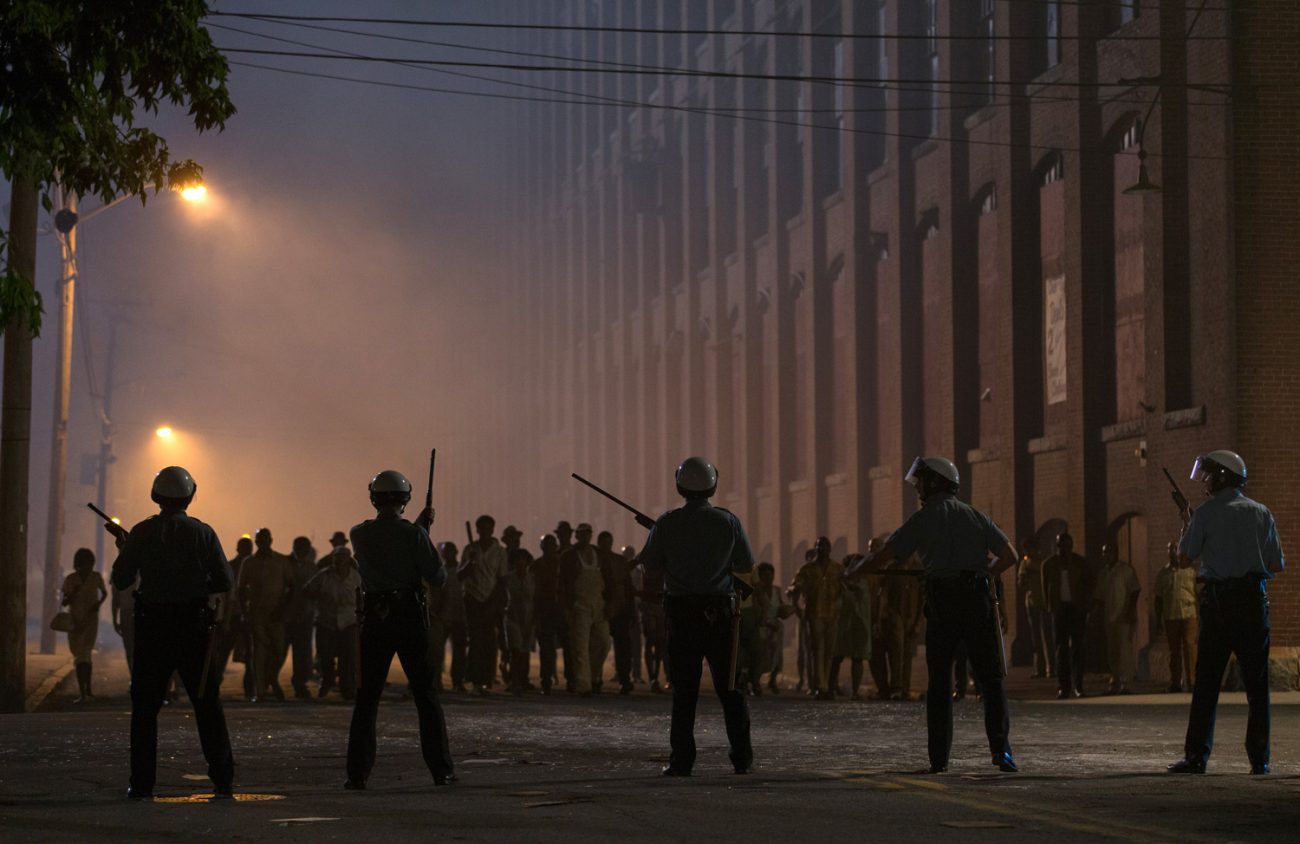There is a tendency in Hollywood to profit from Black suffering — think 12 Years a Slave, The Help, Django Unchained. These films are prevalent, but not inherently bad.
Through these types of films, Black directors, producers and even actors can redirect personal, internal frustrations and struggles into art. Thematic Black suffering doesn’t always have to take the form of traditional slave movies either — see, for example, the complex modern-day symbolism of gaslighting and harmful neo-liberalism that director Jordan Peele portrays in his 2017 psychological horror flick Get Out.
The nature of these films revolving around Black suffering — around the centuries of systematic racism and oppression — is so personal and specific to the Black experience that, when done well, it can be cathartic for those who make such films as well as those who watch them.
But the extremely personal aspect of this type of storytelling also brings up an interesting point: What does it mean for white filmmakers to attempt to tell these stories, and thus profit off of them?
This was something, as a Black person, I could not help but hold in the back of my mind while viewing Detroit, a film set in Civil Rights-era 1967, directed by Kathryn Bigelow, a white woman.
In an interview with Reuters, Bigelow herself acknowledged the weariness some people, including me, might have towards her directing this film. “Am I the right person to tell the story? Absolutely not. Am I the perfect person to tell this story? Absolutely not. But it’s a really important story that needs to be told, and that was my overriding motivator,” she tells the publication.
Detroit is a dramatization of events taking place during Detroit’s multi-day 12th Street Riot. It centers on an incident of psychological and physical police brutality at the Algiers Motel, about a mile from the riot’s epicenter.
A multitude of characters get caught up in the main plot at the Algiers: a tentative but essentially just security guard, played by John Boyega; a group of morally bankrupt Detroit police officers, including Will Poulter; members of a singing group; and two white women staying at the motel, including Hannah Murray of Game of Thrones.
For me, there’s something about films centered on Black suffering directed by white people that automatically separates them out as either being worth viewing or a waste of two hours — mainly, are the Black characters written as autonomous, free-willed, multi-faceted individuals, or are they portrayed as flat, weak and in need of a white savior of some sort?
Luckily, the characters in Detroit fit into the former category. And it was clear when viewing Detroit that Bigelow and company were conscious of this.
Bigelow’s direction provides excellent pacing; at times she slows down the action to give needed space for excellent character development, making sure the audience truly knows the characters before the heated midpoints of the plot kick in.
Cinematographer Barry Ackroyd, who also worked with Bigelow on The Hurt Locker, adds to the personal storytelling Detroit uses, employing frequent extreme close-ups and in-motion shots, rarely on a tripod, as a way to transport the viewer into the scene, as well as adding a brilliant twinge of anxiety.
As far as good filmmaking goes, I don’t think there’s anything inherently wrong with a white person making a “Black” film, but in some instances, it can be an inescapable distraction.
Take Quentin Tarantino’s Django Unchained, for example. I grew up loving Tarantino, but when I saw Django in theaters, the whole time I couldn’t stop thinking: “Wow, I wonder how many times Tarantino typed the word ‘nigger’ when writing this script?” (Spoiler alert: more than 100) and, “I wonder how many times Tarantino actually said the word himself when directing his actors in the movie?” (Who knows.)
It’s a decent argument to assert that movies like Django Unchained are historically accurate to some degree, but that doesn’t make the vision of present-day white actors beating, berating and humiliating present-day Black actors any less hard to watch. No modern critique is added by simply saying, “Sure, these acts are horrible, but it was just the time.”
Detroit’s 1967 setting was also just the time, but it acts as an antithesis to movies like Django; in its horrific acts towards its Black characters, the film conjures a critique on present-day police violence, civil rights and justice. It says, “Sure, this was just the time, but it was wrong and there are events occurring like this right now that are still wrong.”
Realistically, Detroit would have looked different and been received differently had it been directed by Spike Lee or Steve McQueen, but that doesn’t take away from the fact that it’s a brilliant period piece that shows us how far we’ve come and how much farther we need to go. (Bijou Art Cinemas, Cinemark 17, Regal Valley River)
